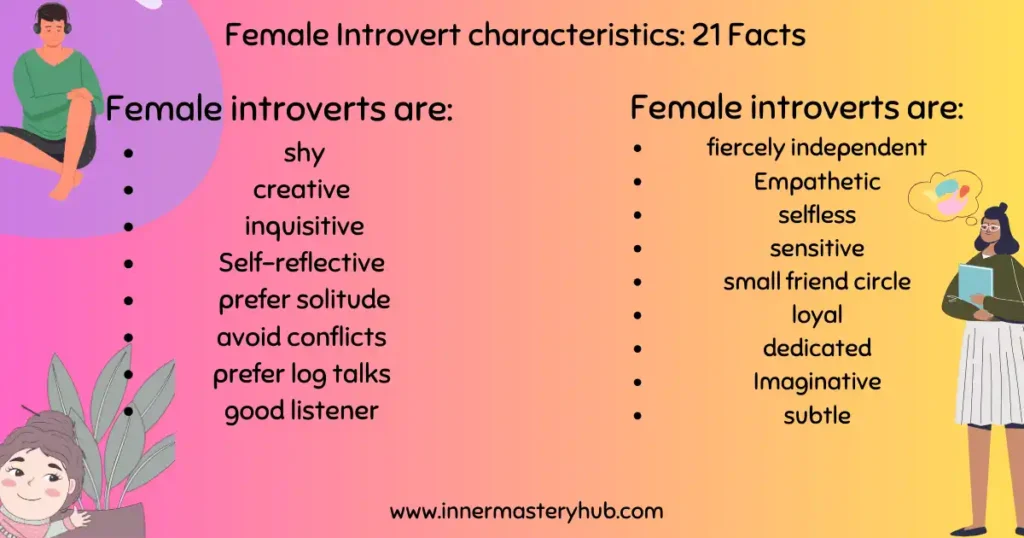Being liked goes a long way in a world where ties and relationships are essential. How likeable you are can significantly affect how well you do in networking, connecting, and even just everyday conversations. Take the ultimate Likeable Person Test with us and find out how charismatic you are. This in-depth guide will discuss the traits and behaviours that make people likeable.

Table of Contents
What is the Likeable Person Test?
The Likeable Person Test is a complete test based on the Big Five Personality Test meant to measure and improve a person’s social skills and likeability. Communication style, body language, understanding, and emotional intelligence are some of the things included.
The test, which consists of some questions or scenarios, shows people what they can do to become friendlier, more approachable, and more relatable with others.
By showing people their strengths and areas where they can improve, the Likeable Person Test gives them helpful feedback and suggestions they can use to improve their social skills and build good relationships at work and in their personal lives.
Who can take this Likeable Person Test?
The Likeable Person Test is perfect for improving your social skills and becoming likeable. Whether you’re a professional who wants to make a good impression in the workplace, a student who wants to feel comfortable in social situations, or a person who wants to grow as a person, this personality test is meant to give you helpful information and suggestions that you can use right away.
No matter what kind of social skills you have now—extrovert or introvert—the Likeable Person Test is the best way to find out how charismatic you are and how to become more exciting and approachable in your personal and work life.
The Big Five personality traits
According to the theory of traits in psychology, people have different personalities because they have diverse essential characteristics. These characteristics are known to psychologists as “the Big Five.” They are neuroticism, conscientiousness, extroversion, agreeableness, and openness to new experiences. Personalities of people are based on these characteristics, which differ vastly.
Someone may have a better or lower level of agreeableness, extroversion, and other characteristics. It is important to remember that most people are somewhere in the middle of these ranges of traits. Understanding these traits gives us helpful information about how people act and helps us fully grasp how different people are.
Agreeableness
A cooperative and caring disposition is frequently a characteristic of people with high agreeableness scores. They are more likely to help others and are seen as trustworthy and kind-hearted. Positive interpersonal relationships are fostered by this agreeable temperament since these people value cooperation and harmony.
Conversely, people with low agreeableness scores could be perceived as more aggressive and less sensitive to other people’s emotions. Their interactions may be characterised by a stronger emphasis on individual objectives and less attention to preserving a peaceful atmosphere.
Knowing one’s place on the agreeableness spectrum might help one better understand their interpersonal preferences and social dynamics.
Extroversion
Extroversion is a characteristic that influences how you interact with the world. You probably trend towards the more extroverted end of the scale if you normally feel comfortable in social situations, find that social interactions give you energy, and get your energy from outside sources.
Conversely, introverted people prefer to engage in activities alone and dislike socialising.
Conscientiousness
Conscientiousness defines individuals with elevated thoughtfulness, cautious organization, and an inclination for preparation. Those with higher levels of conscientiousness are often proactive, planning and considering others in their actions. They thrive on detail-oriented tasks, ensuring an organized and well-prepared approach to various aspects of life.
On the other hand, less conscientious people could be more impulsive, disorganised, and more likely to make snap decisions. Their behaviour can indicate a less methodical and more spontaneous approach to projects.
Neuroticism
Emotional instability is more common in those with higher levels of neuroticism, which makes it a personality trait that is generally seen as undesirable. Individuals with higher levels of neuroticism might be more prone to stress, which could lead to increased worry or melancholy.
Conversely, those with lesser levels of neuroticism are frequently distinguished by their peaceful disposition and superior emotional regulation skills. They can handle difficulties with poise and keep their emotional states more stable because of their emotional resilience.
Openness
Intelligence, inventiveness, and imagination are all strongly related to being receptive to new experiences.
More transparent people are more likely to be inherently interested in new concepts and experiences, eager to absorb knowledge from others, and eager to engage in new activities. They are motivated to investigate novel ideas and welcome a range of alternatives by their inventive and creative tendencies.
Those who are less receptive to new experiences, on the other hand, could have a more closed-off worldview and be less receptive to fresh perspectives. People in this category might not be as interested in creative pursuits and might instead favour a more traditional and comfortable way of living.
Likeable Person Test Quiz
Are You A Likeable Person?
Take this personality quiz below and identify your personality type, strengths and areas for improvement.






